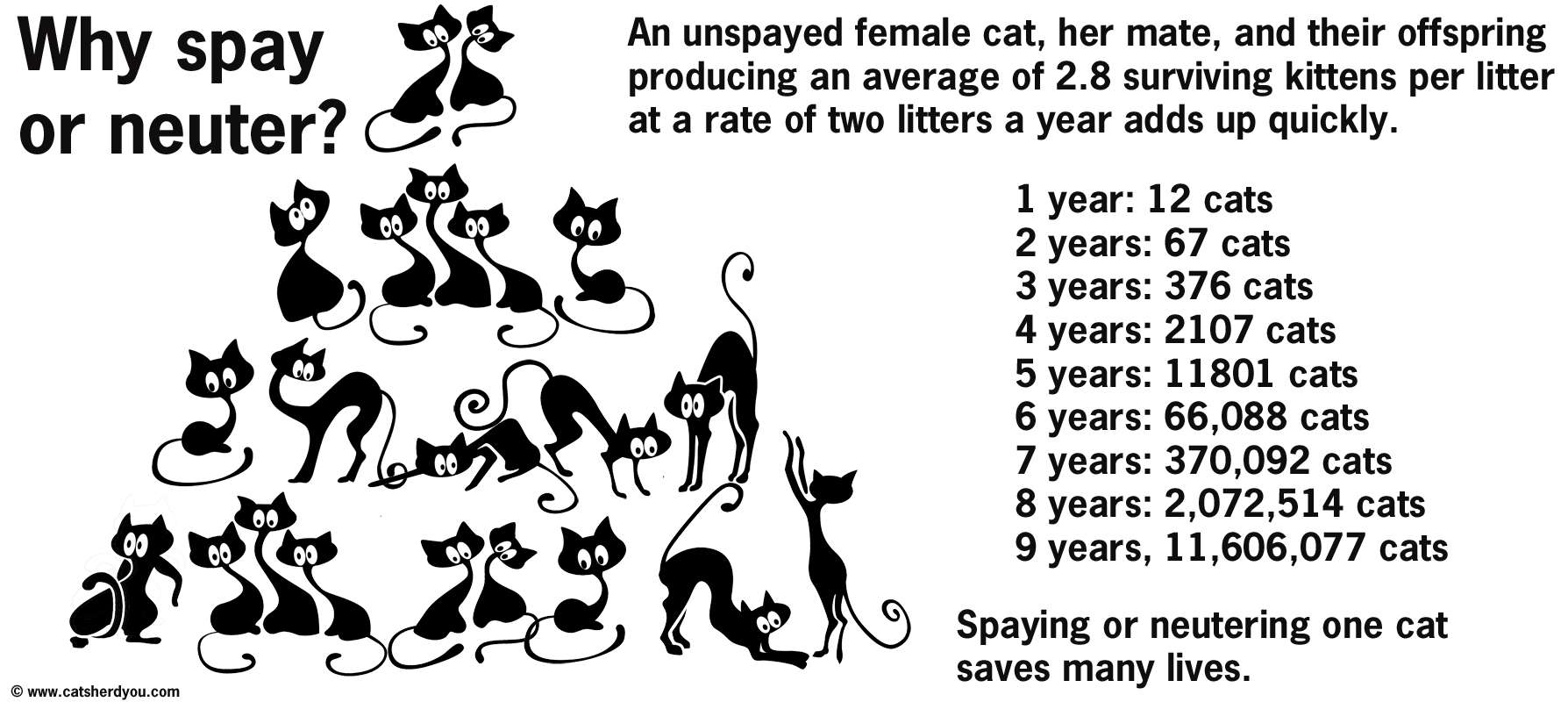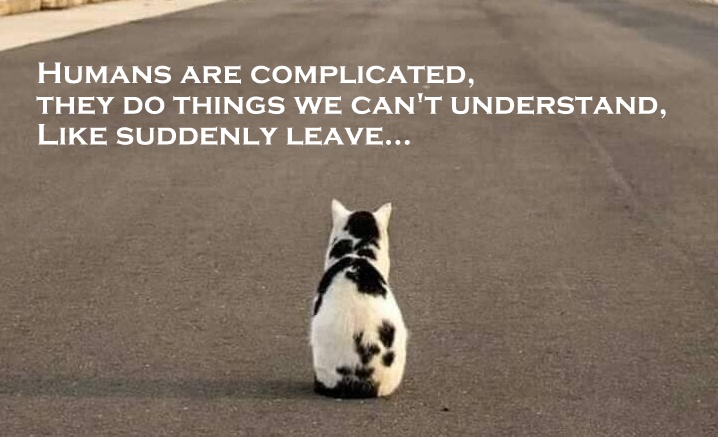The following is based on you managing your colony with TNR and providing sustenance.
Spay and Neuter
The first rule of colony-management is that if you feed then you must TNR (Trap, Neuter, Return). A well-fed colony that is not spayed and neutered will lead to rapid population growth.
If you Feed them - Fix them
Discretion is key when feeding
- Discretion, especially in private or residential locations, is absolutely crucial.
- Feed neatly against a wall or behind trees/bushes, away from public view.
- Feeding should not attract unwanted attention that may put the cats in danger by those who oppose their existence.
- Make sure you clean up afterwards not leaving any trace of food, residents worry about hygiene, don't give them a reason to complain.

Indiscretion = unwanted attention = cats at risk
Food portion control
- Food portions should be enough for the cats you see when feeding, we suggest a handful of kibble per cat per day.
- Distribute small neat separate piles for each cat, or bowls with just enough food for the cats present.
- If possible try to feed at a similar time each day, so they know when to appear for food.
- Leaving extra food for cats that haven’t shown up at the time of feeding will lead to piles of unsightly uneaten food.
- Leaving too much of food will attract new cats to the area, pushing out old colony members, creating unstable traffic of cats.
- If members of the colony are not around and miss out on a feed, don't feel bad, they will become hungry and will show up the next day.
- Try to feed the best quality food that you can afford.
Over-feeding = mismanagement = danger
Water
- Never underestimate the importance of water as part of the care package we offer the community cats.
- Dehydration can be a huge problem with medical attention needed if severe.
- Water should be replenished daily.
No water = dehydration = medical assistance needed
Petting/domestication
- Avoid trying to domesticate the cats as their tentative nature is also their survival.
- Keep in mind that not everyone feels the care and love towards these creatures as we do, so domesticating them into being friendly will become their weakness.
- Keep them cautious around humans, they have to stay wary to stay safe and unharmed.
- Only make cats friendly if you intend to adopt them yourself, or have a home for them to go to.
Friendly = unwanted attention = abuse
Audience
If you are met with an audience as you feed, here are tips on how to handle reactions you might face.
Curiosity - the curious might watch but not necessarily keep a distance, risking scaring the cats. Don’t be afraid to politely let them know its OK to watch but better for the cats if they keep a distance.
Hostility - this is never easy to deal with, try to educate people in the benefits of TNR and the message behind it - humanely curbing the over-population. You can refer them to our website for more information.
Emergency Packs
Preparation is key!
We suggest keeping the following in your car:
Carrier or trap
Drop Cloth
Wet and dry food
Towel
Water
Carrier or trap
Drop Cloth
Wet and dry food
Towel
Water
Plan Ahead
For expatriates planning ahead isn't always that simple, however, please consider that it is generally very difficult to find another person to take over your colony if you have to leave Qatar. Ideally, manage a colony with a group of like-minded cat lovers on a rota and find your replacement as far in advance as possible.
In countries such as Qatar where we are often here for a limited time period, try not to make the cats completely dependent on you, feed random days and maximum of once a day. In this far from ideal situation, we always have to keep in mind what happens to them when we move on.





